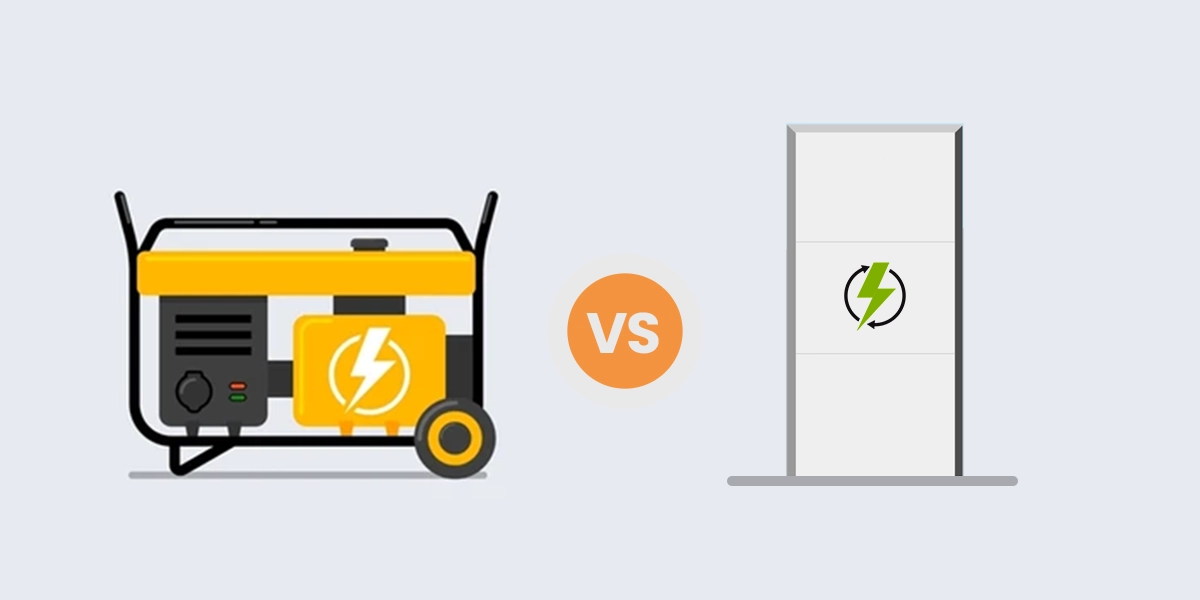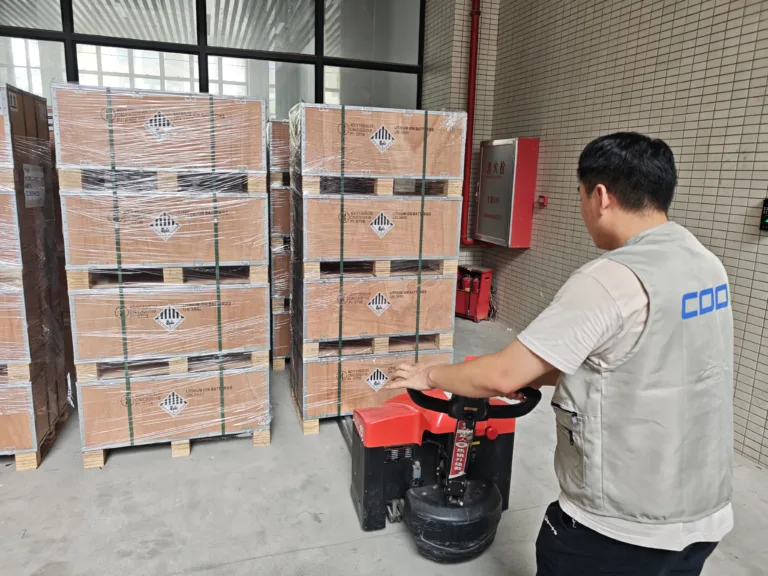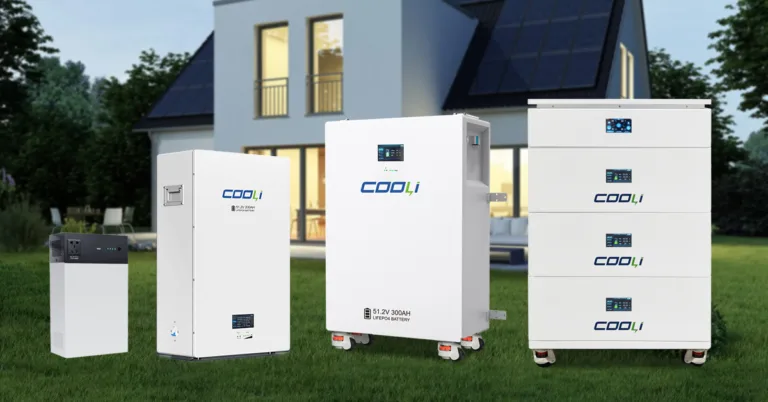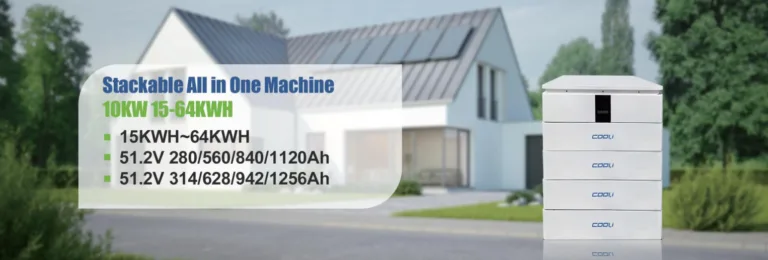Blog | battery cabinet | LifePO4 Batteries | lithium ion battery | Market Trends | Solar Energy Storage
Solar + Battery vs. Generator: Which is the Better Backup for Your Home in Uganda?
When the power goes out in Kampala or your town in Uganda, you need a reliable solution. For years, the loud hum of a petrol or diesel generator was the most common sound of backup power. Today, silent solar battery systems are becoming the new standard.

So, which one is right for you? Let’s compare them on key points important to any Ugandan homeowner.
1. Cost: Upfront Price vs. Long-Term Expense
- Generator: The initial purchase price of a generator is often lower than a full solar and battery system. You can buy a small generator for a relatively low cost.
- Solar Battery System: The initial investment is higher. You are paying for the solar panels, the battery (like a lithium battery), and the inverter.
- The Winner on Running Costs: Solar Battery. This is the crucial difference. A generator needs a constant supply of expensive fuel (petrol/diesel). With load shedding, this cost adds up very quickly every month. Solar energy is free from the sun. After the initial investment, your running costs are almost zero.
2. Noise and Fumes: Peace and Quiet Matters
- Generator: Generators are loud and produce exhaust fumes. They can disturb your family, your neighbours, and are not safe to run indoors or too close to windows.
- Solar Battery System: These systems are completely silent and produce no fumes. They are safe to install inside your home (like in a garage) and don’t cause any noise pollution.
- The Winner: Solar Battery. It provides backup power peacefully and safely.
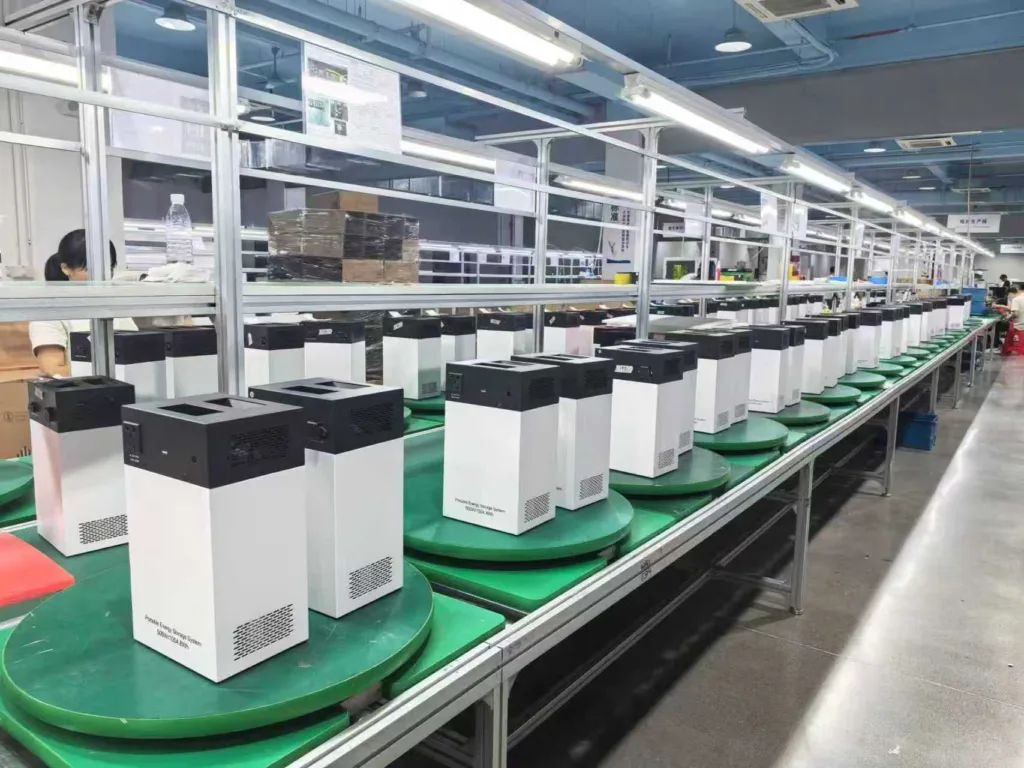
3. Maintenance and Effort
- Generator: Requires regular maintenance: changing oil, cleaning spark plugs, and ensuring you have a supply of fresh fuel. You also have to physically start it and connect it during an outage.
- Solar Battery System: Modern systems, especially lithium batteries, are mostly maintenance-free. The system works automatically—when the grid power fails, it switches on instantly without you lifting a finger.
- The Winner: Solar Battery. It offers a “set it and forget it” convenience.
4. Reliability During Long Outages
- Generator: A generator can run as long as you have fuel. This is an advantage during very long, multi-day outages, provided you can safely store enough fuel.
- Solar Battery System: The battery can only power your home until its stored energy is used up. However, if the sun comes out, your solar panels will recharge the battery, allowing you to power through long outages without needing to buy fuel.
- The Winner: It’s a tie. Generators have longer runtime per “tank,” but solar systems can recharge themselves indefinitely if the sun is shining.
5. Environmental Impact
- Generator: Burns fossil fuels, contributing to air and noise pollution.
- Solar Battery System: Uses clean, renewable energy from the sun, reducing your carbon footprint.
- The Winner: Solar Battery. It’s the clear green choice.
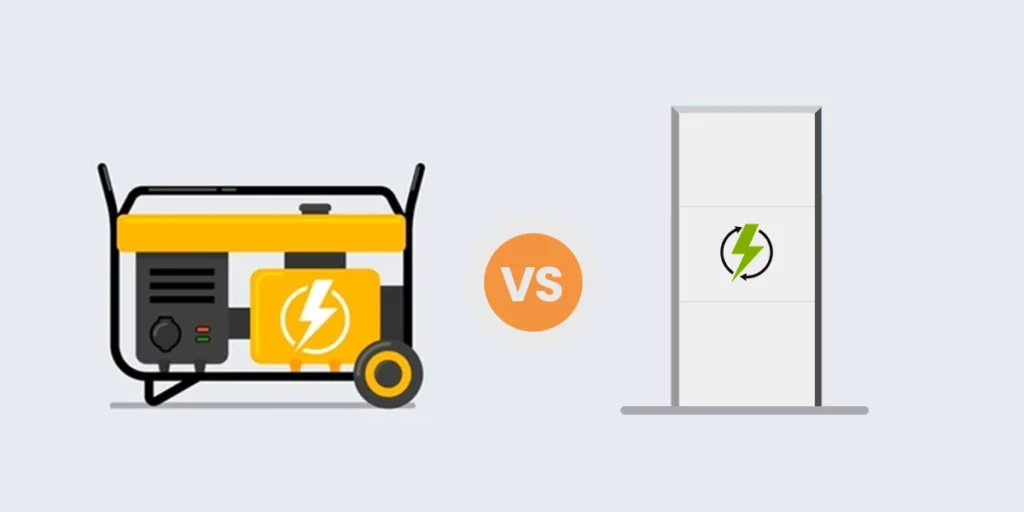
So, Which Should You Choose? A Simple Summary
| Feature | Solar + Battery | Generator | Best For |
|---|---|---|---|
| Running Cost | Low (Free Sun) | High (Fuel) | Saving money long-term |
| Noise & Fumes | Silent & Clean | Loud & Smoky | Quiet neighborhoods, indoor safety |
| Maintenance | Low | High | Convenience, less work |
| Upfront Cost | Higher | Lower | A smaller initial budget |
| Long Outages | Good with sun | Good with fuel | Areas with very long, unpredictable outages |
The Verdict:
- Choose a Solar and Battery System if you are looking for a clean, quiet, and cost-effective long-term solution. It is the best choice for daily load shedding and will save you money on fuel for years to come. It adds value to your home.
- Choose a Generator if your initial budget is very tight and you only need backup power for occasional, short outages. It can also be a useful backup to a solar system for extremely long periods of cloudy weather.
For most homeowners in Uganda today, a solar battery storage system is the smarter, more modern, and more sustainable power backup solution. It turns the challenge of load shedding into an opportunity for energy independence.

